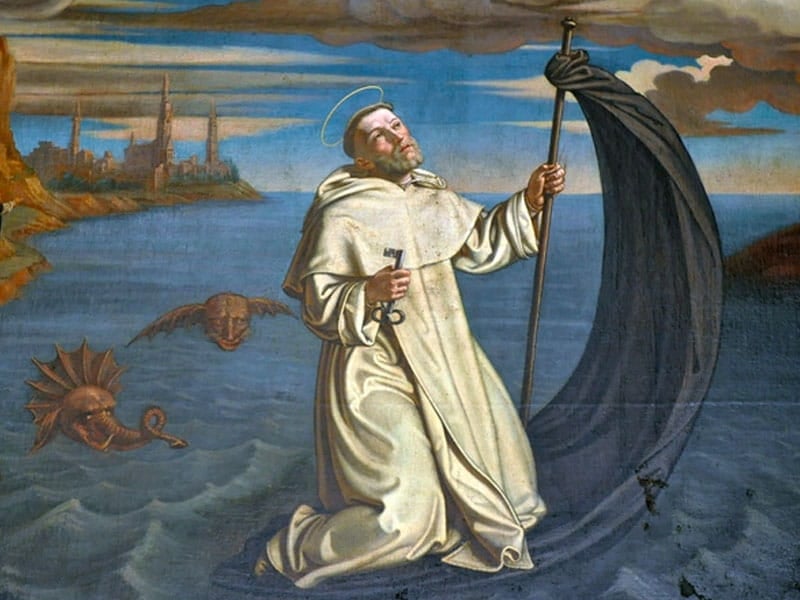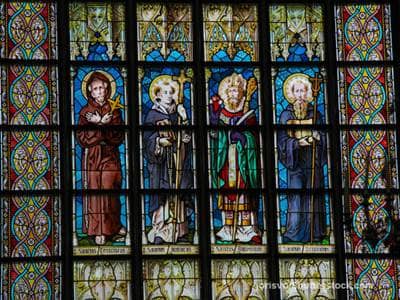St. Raymond of Penyafort (1175-1275)

Since Raymond lived into his hundredth year, he had a chance to do many things. As a member of the Spanish nobility, he had the resources and the education to get a good start in life.
By the time he was 20, he was teaching philosophy. In his early 30s he earned a doctorate in both canon and civil law. At 41 he became a Dominican. Pope Gregory IX called him to Rome to work for him and to be his confessor. One of the things the pope asked him to do was to gather together all the decrees of popes and councils that had been made in 80 years since a similar collection by Gratian. Raymond compiled five books called the Decretals. They were looked upon as one of the best organized collections of Church law until the 1917 codification of canon law.
Earlier, Raymond had written for confessors a book of cases. It was called Summa de casibus poenitentiae. More than just a list of sins and penances, it discussed pertinent doctrines and laws of the Church that pertained to the problem or case brought to the confessor.
At the age of 60, Raymond was appointed archbishop of Tarragona, the capital of Aragon. He didn’t like the honor at all and ended up getting sick and resigning in two years.
He didn’t get to enjoy his peace long, however, because when he was 63 he was elected by his fellow Dominicans to be the head of the whole Order, the successor of St. Dominic. Raymond worked hard, visited on foot all the Dominicans, reorganized their constitutions and managed to put through a provision that a master general be allowed to resign. When the new constitutions were accepted, Raymond, then 65, resigned.
He still had 35 years to oppose heresy and work for the conversion of the Moors in Spain. He convinced St. Thomas Aquinas to write his work Against the Gentiles.
In his100th year the Lord let Raymond retire.


